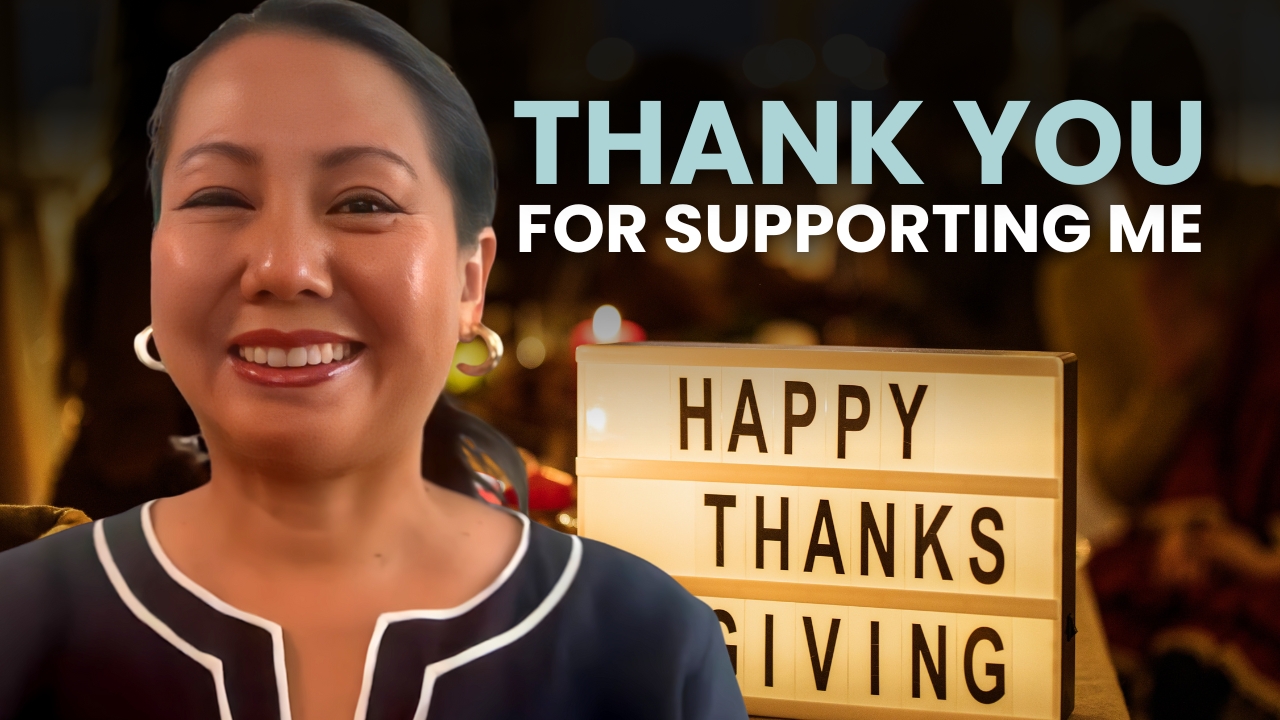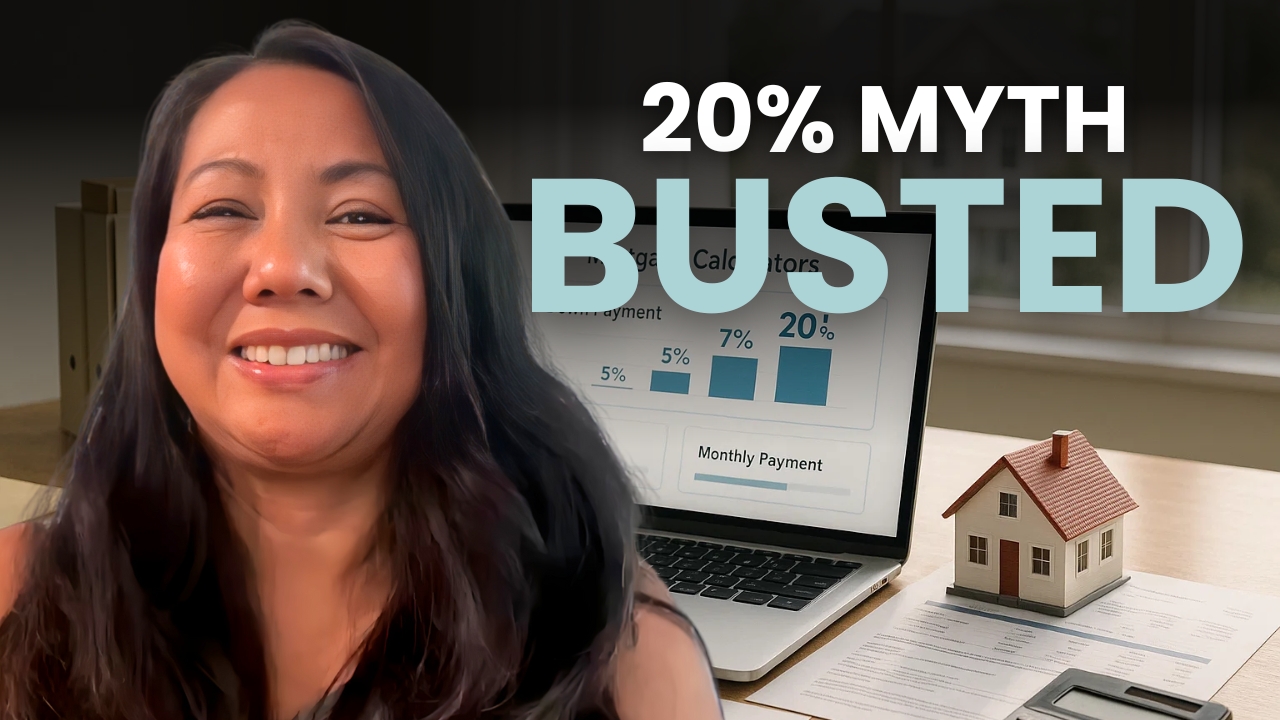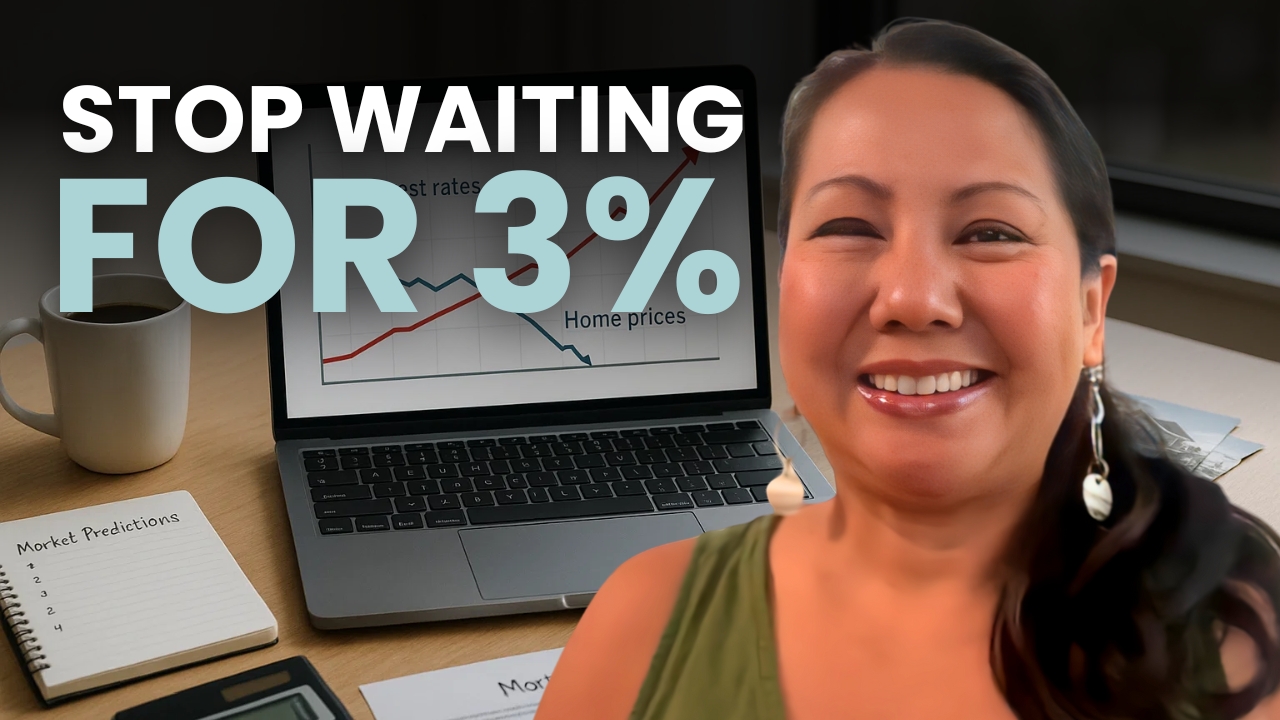Let’s Explore Your Selling Options. I’ll help you sell your home at the price and terms you want. Free Selling Strategy Call
Have you ever considered buying a home but felt held back by the down payment requirement? Today, we’ll talk about down payment assistance programs and how they could make your dream of homeownership easier than you think.
What is down payment assistance? It is exactly what it sounds like: it helps you purchase a home by providing financial support for your down payment. In a recent discussion, I sat down with Andy Gaston, Vice President of Mortgage Lending at Nexa Mortgage, to discuss this topic.
He has witnessed how the number of down payment assistance options has grown from just one or two to over 25 different programs. This variety is great because it gives you more choices to find what works best for you.
What are the different types of down payment assistance programs? When considering down payment assistance, it’s important to understand the various options available. Here are a few main types of down payment assistance programs that can help you secure your new home:
1. Forgivable assistance. This is a good option for many buyers because it’s money that you won’t have to repay if you stay in your home for a set period, typically three, five, or ten years. This is best for first-time homebuyers who plan to stay in one place for several years.
2. Deferred assistance. In this option, you receive the funds now, but you pay them back later, typically when you sell or refinance your home. This suits homebuyers who plan to build equity over time and stay in their home long enough to reap the benefits.
3. Repayable assistance. This requires you to make monthly payments on the assistance amount. This is recommended for buyers who may not qualify for other types of assistance or those who can comfortably manage repayment over time.
How much can you get from a down payment assistance program? The amount you’ll receive varies. Some programs offer as little as $3,000, while others can reach up to $50,000. The amount you qualify for will depend on factors such as the following:
• Credit score. You can access assistance with a credit score as low as 580. The higher your score, the more assistance you may be eligible to receive. For example, with an FHA loan, a 3.5% down payment can often be covered by the lender.
• Income limits. Many programs consider your income and compare it to the median income in your area. Some have limits, while others do not, which gives you options based on your specific situation.
• Debt-to-income ratio. This compares your monthly debt payments to your gross monthly income. Most programs prefer a DTI of 43% or lower, which means your debt payments, including the new mortgage, shouldn’t exceed 43% of your income.
Some programs, especially FHA-backed ones, extend that limit to 50% or even 56%, allowing borrowers with higher debt loads to still qualify. If you’re carrying student loans, credit card balances, or other obligations, your DTI could be the key number to watch.
• Property types. Not all programs cover every kind of property. Single-family homes are the most commonly supported. Condos may be eligible, but only if the development is approved (especially under FHA). Multi-unit properties with two to four units can sometimes qualify, allowing buyers to live in one unit and rent the rest.
Some programs even offer additional assistance to buyers choosing multi-family homes as a means to build income and equity.
• FHA loans are often paired with down payment assistance because they allow lower credit scores and smaller down payments as low as 3.5%. Conventional loans, on the other hand, typically require higher credit scores but may offer lower overall monthly payments and more extensive property options.
Some programs are designed specifically for one type of loan or the other, so your lender can help match the right pairing.
• First-time buyer status. Many people assume they must be first-time homebuyers to qualify, but that’s not always true. However, a “first-time buyer” is often defined as someone who hasn’t owned a home in the last three years.
Some programs waive this requirement entirely, offering assistance to move-up buyers or those re-entering the market after hardship. The key is to ask and not rule yourself out based on old assumptions.
What is a common myth about down payment assistance? It’s that everyone should take down payment assistance if it’s available. Sometimes it may not be the best fit for your situation.
If you have a decent credit score and can manage a down payment, it might make more sense to go that route. But if you’re someone with a lower credit score or financial hardships, these programs can make a huge difference, allowing you to transition from renting to owning.
If you’re curious whether you qualify or if assistance would even benefit you, reach out to Andy Gaston at (773) 454-2466 or agaston@nexamortgage.com. Not all options are advertised widely, and having the right guide can help you avoid mistakes.
And as always, if you need help buying, selling, or investing, contact me at (773) 965-4100 or ressie@kw.com. As always, I’m here to serve.
-
Let’s Explore Your Selling Options. I’ll help you sell your home at the price and terms you want. Free Selling Strategy Call
-
Curious About Your Home’s Value?. Get a free estimate in seconds. Know the value of your property for a cash offer or traditional listing. Check Your Value Now
-
Looking for a Chicago Home?. Work with Ressie Krabacher, get access to private listings, and find your next home on Zenlist. Join Zenlist
-
Free Real Estate Newsletter. Get our latest Q&A, insights, and market updates to make smarter decisions. Subscribe Now








